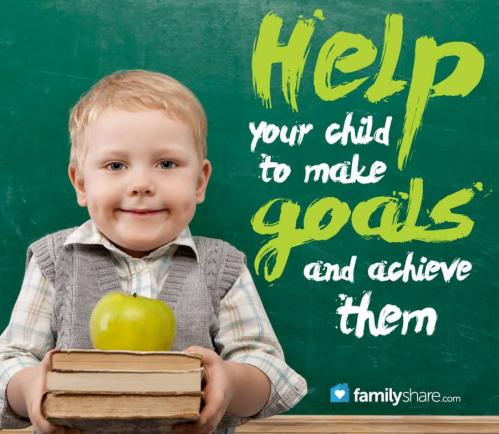
Every child, in fact every human being, learns differently; either at a different pace or using different learning techniques. Some children will face the added challenge of having a diagnosable learning disability or challenge. When your child faces a diagnosis that could challenge them not only with learning but throughout life, there are three important things to do and discuss with them.
1. Understand the diagnosis
The first thing you must do is learn as much as you can about your child's specific diagnosis and what challenges it will present. Before having a conversation with your child it is important that you understand everything you can. You might even want to have a consultation with your child's teacher to see what they have noticed in, not only, learning style but learning behaviors as well.
You can then use this information as well as the information regarding the diagnosis to determine where on the spectrum your child falls. Once you understand the diagnosis and the challenges, it's important to then have an open conversation with your child. Your child will surely suspect they have struggles or differences; it's your job to point out the positives of the situation and then help to create a plan moving forward.
2. Understand expectations
While there will be new struggles you and your child will face, there are also new rewards. As a parent you can work with your child's doctors, teachers, therapist and other providers to create a plan of expectations. Remember that these expectations should be focused on the positive aspects your child currently has and build on them.
Using those areas they already excel in, you can create a plan and detailed expectations for your child moving forward. You can create goals, incentives, and learning plans. You can find positive ways to reinforce those choices and challenges that your child overcomes. Working together as a unified team, you can help your child not only make goals but also find ways to achieve them.
3. Understand motivations
Learn what motivates your child.
-
Is it praise?
-
Is it a hard earned reward?
-
Is it a goal chart that she enjoys filling with accomplishments?
Taking the time to learn what type of motivation helps your child succeed will allow you to create a form of motivation that works for them individually. Once you have determined how your child responds to individual forms of motivation and recognition you can then use this format at home and at school.
Being consistent in the type of motivation and reward system they use during studying, following rules and even in behaviors will help to establish a norm that follows them throughout their normal routine.
Whether your child is struggling with simple learning tasks or many other areas including behaviors and even attitudes, the key to coping rests in how you approach the situation. If you take on the challenge of a learning disability looking for the positives and finding solutions, your child will as well. If you continue to focus on your child's good qualities, their willingness to work hard, and continue to motivate them and reward their progress, you may find they far surpass any of the challenges ahead.

